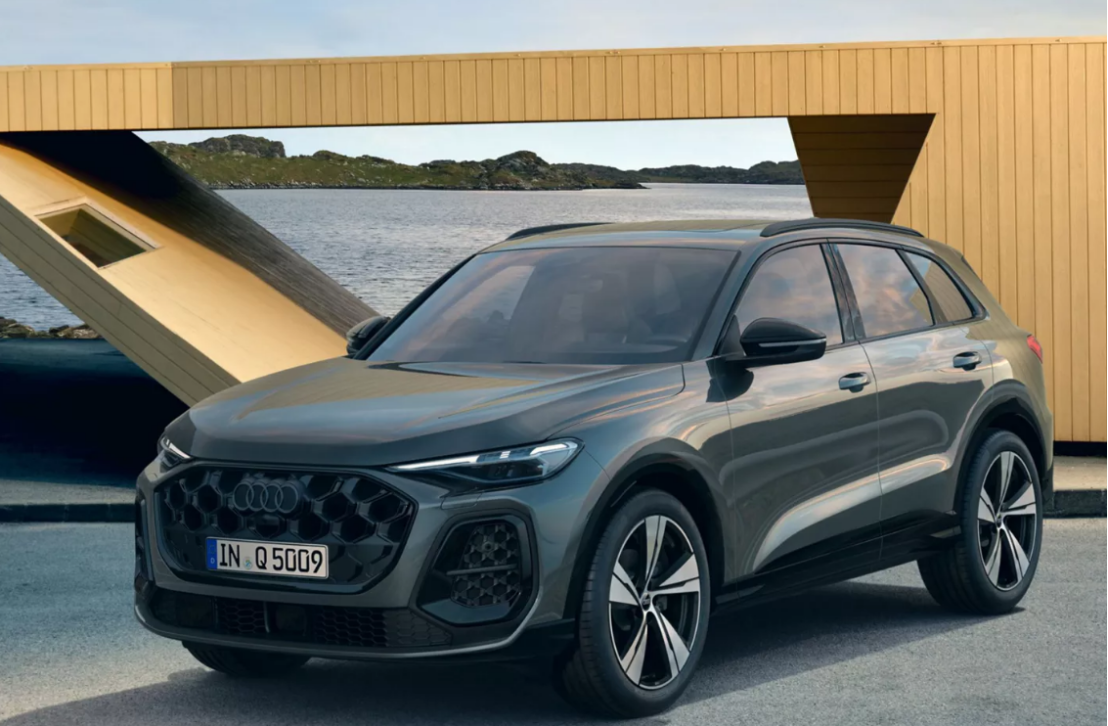According to Bloomberg, facing a continued decline in sales in the US market, Audi, the luxury brand under the Volkswagen Group, has decided to postpone its price increase plan in the US, stating that there will be no price hikes in July. Latest data indicates that Audi's sales in the US dropped by 19% year-on-year in the second quarter, marking the sixth consecutive quarter of negative sales growth for the brand in the US. Audi attributed this decline to a challenging economic environment and a product transition cycle. The Q5 SUV, which is Audi's best-selling model in the US, is still imported from Mexico. Notably, the sales of this model in the second quarter of this year fell by 29% compared to the same period last year. The tariffs imposed by President Trump have raised costs for German car manufacturers, which are heavily export-oriented. The head of the German Automotive Industry Association (VDA), Hildegard Mueller, estimated that due to these tariffs, German manufacturers faced additional costs of approximately 500 million euros in April when exporting to the US. This has led many car manufacturers to consider relocating some production to the US. Similar to Porsche, another brand under Volkswagen, Audi has yet to establish a production base in the US. Rising domestic labor costs also pose a significant threat to the sustainability of the German automotive industry. A recent study by Oliver Wyman revealed that the average labor cost for producing a car in Germany is around $3,300, including wages, pension contributions, and other benefits, compared to about $1,340 in the US. To address the current challenges, Audi is evaluating the initiation of local production in the US, announcing in May that it will select a factory site within the year. Audi's CFO, Jürgen Rittersberger, mentioned that the company is assessing potential synergies with the Volkswagen Group's brand Scout and the possibility of utilizing existing VW facilities in Tennessee. Amid weak demand in the Chinese market, German car manufacturers represented by Audi, Mercedes-Benz, and BMW are under immense pressure to maintain their market share in the US, with local brands like BYD gaining more consumers in China due to competitive pricing and advanced automotive technology. This shift in market dynamics is prompting German luxury car brands to reevaluate their global strategic layout. Additionally, in June, Audi revealed that it has adjusted its previous plan to completely cease the development and sales of internal combustion engine vehicles by 2033, stating that it will respond flexibly to market developments. Audi's CEO, Gernot Döllner, pointed out that the company plans to launch a series of new internal combustion engine models and plug-in hybrid vehicles between 2024 and 2026, which will provide ample flexibility for the company for at least the next 7 to 10 years.
Audi Delays Price Increase in the US Amid Sales Decline

Share this post on: